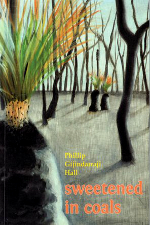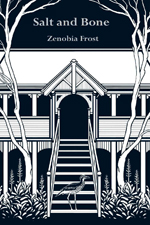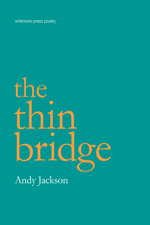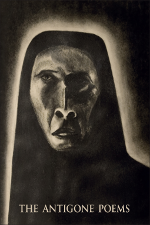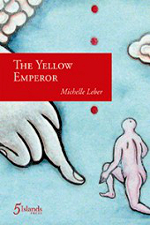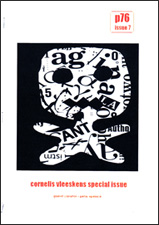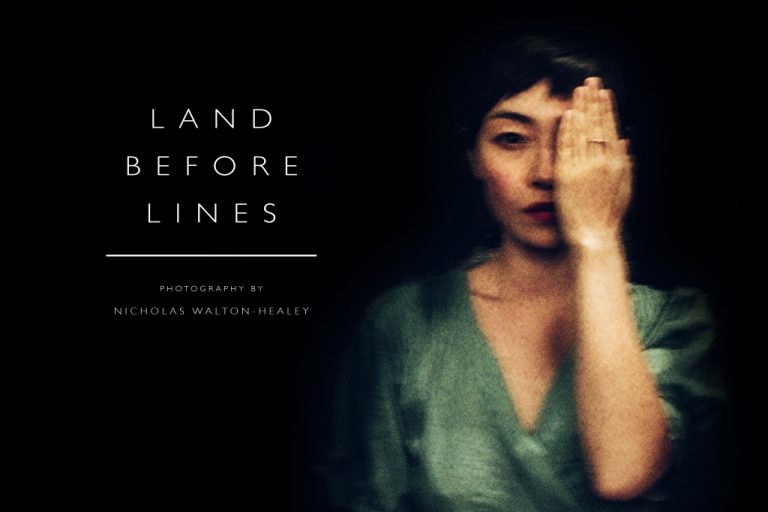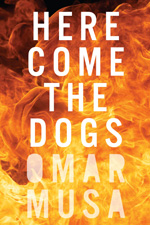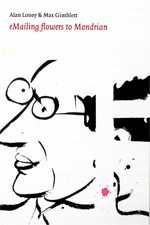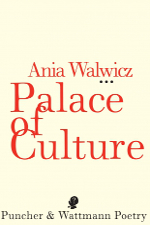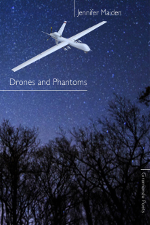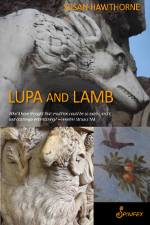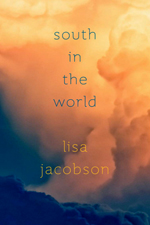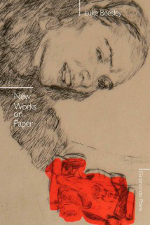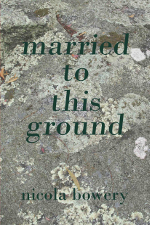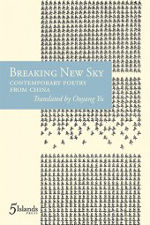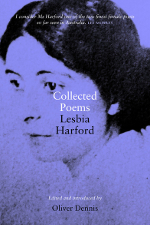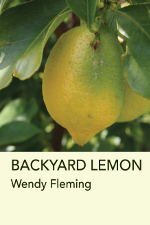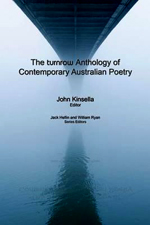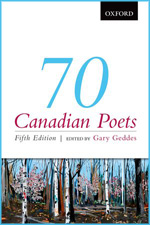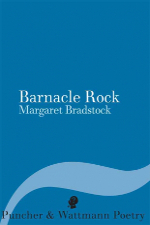BOOK REVIEWS
Review Short: Beth Spencer’s Vagabondage
Twenty years ago Beth Spencer’s first collection of poetry, Things in a Glass Box, was published and reviewed to critical acclaim. Since then she has published individual poems and two volumes of multiple genre selected works that have included poems. It could be said that it’s a long time between drinks, though Spencer has been busy with fiction, essays, and memoir (and a PhD) in the meantime. Vagabondage is her first full collection of poems since, and widely anticipated because of that.
Greg McLaren Reviews Phillip Gijindarraji Hall and Benjamin Dodds
These two debut collections cast shade and light upon one other. Both poets construct a complex, convincing and engaging sense of place, exploring belonging (or not) and being in it.
The strongest poems in Phillip Gijindarraji Hall’s Sweetened in Coals quiver and hiss with profusion, connections and abundance. These poems are firmly and specifically situated in place and in country that is constituted both ecologically and culturally. There’s a deep and rich conversation here about place and habitat. Hall’s representation and evocation of specific places is a consistently powerful presence in these poems – dynamic, in flux and abundant with the presence of animal, plant and cultural life.
Review Short: Zenobia Frost’s Salt and Bone
In its own words, Zenobia Frost’s Salt and Bone slinks ‘between ibis-legged houses / and wakeful graveyard’, and belongs to ‘the hour of the curlew’, a liminal space that speaks of ghosts and transformation. As a collection, the poems are pervaded with a sense of haunting, plagued by abject bodies ‘aching for salt and bone’, the suffocating presence of water, and the archeology of death. It is noteworthy that Frost’s work both begins and ends with a warning of the power of unknown and strange things; a reminder, perhaps, of the gaps that exist between the ‘real’ and the imagined.
Review Short: Andy Jackson’s The thin bridge
‘Poetry from a body shaped like a question mark’ That is the tag line for Andy Jackson’s blog, and it perfectly sums up the to and fro in his work. Jackson, who has Marfan’s Syndrome, has said that he came to write poetry partly ‘ to control the way people see me. I’d lived with the staring and comments that having an unusual body brings, and I wanted to be in charge.’
Review Short: Marie Slaight and Terrence Tasker’s The Antigone Poems
The Antigone Poems is a collaborative work, made up of poetry by Marie Slaight and drawings by Terrence Tasker. Created in the 1970s when the writer and artist were living in Montreal and Toronto, and published in 2014, it is an attractively produced book. The drawings, most depicting faces like tragic masks, divide the five chapters.
Lucy Van Reviews Michelle Leber
Medical diagnosis could be thought of as a form of storytelling; an analytic as well as creative process that translates the unclear expressions of the body into a plausible narrative, ideally one that directs the way to healing. Just as diagnosis might be con-sidered an art – a speculative performance that is highly contingent, at times inspired or risky – the discipline of medical observation has itself often inflected and animated art forms.
Review Short: p76’s Cornelis Vleeskens Special Issue
The first indication that the contents of this special issue hovers in the Venn overlap of art and poetry lies in its ‘curation’, not ‘edit’. Spence’s project was to ‘sample from a mass of work … to (make) a small but intense window’ (p. 5), and he does this by being true to the materiality of Vleeskens’s visual output. The nostalgic production values of the journal itself – photocopied in black and white on A4 paper, stapled, and with no frilly bits – is a perfect match for Spence’s vision and Vleeskens’s visual practice, which was firmly embedded in the intersections of text and image.
Review Short: Nicholas Walton-Healey’s Land before Lines
What Nicholas Walton-Healey’s photograph collection Land before Lines emphasises is not difference (the notion that every poet is completely individual, different, unique, special), but sameness (the complex social bind of community). The notion of the poet as ‘genius’ or ‘original’ is broken. In place of the genius is the obscurity of the face, what I would like to call the inidentity of the poet, the poet (re)framed, without identity, and most importantly, without centre.
Review Short: Omar Musa’s Here Come the Dogs
Primarily known as a performance poet and rapper, Omar Musa has embarked on another textual form with his latest publication, Here Come the Dogs. Written in a combination of verse and prose, Here Comes the Dogs offers an intimate portrait of three young men negotiating issues of identity and marginalisation in an unnamed Australian city. Musa, who is Malaysian-Australian, positions his poetry and prose in a manner that allows for his book to confront themes surrounding cultural and ethnic identities, intersectional discrimination and problematic expressions of masculinity and power.
Review Short: Rebecca Jessen’s Gap
Winner of the 2013 Queensland Literary Awards for Best Emerging Author, Gap is Rebecca Jessen’s debut verse novel and a bold entrance into a strong line of Australian verse novels.
Review Short: Alan Loney and Max Gimblett’s eMailing Flowers to Mondrian
There are challenging layers to Alan Loney and Max Gimblett’s twenty-page poem, eMailing flowers to Mondrian. The first may appear self-indulgent, the second impenetrable, and the third overly personal; but, taken as a whole and meditated upon, this aesthetically pleasing saddle-stapled book turns out to be a cunning memoir.
Review Short: Ania Walwicz’s The Palace of Culture
Ania Walwicz’s first book in more than twenty years, Palace of Culture, confirms her reputation as one of Australia’s leading conceptual poets. It consists of fifty (almost) prose poems, each between two and five pages length. The poems use the suggestion of narratives as a key organising principle. But suggestion is as far as any of the narratives get.
David McCooey Reviews Jennifer Maiden
Jennifer Maiden’s Drones and Phantoms opens with ‘Diary Poem: Uses of Live Odds’, a poem that juxtaposes – in a way characteristic of Maiden’s intensely synthesising work – politics, aesthetics, and gambling. Poetry, of course, is a kind of gamble, one in which the stakes are at once ridiculously low (financially speaking) and ridiculously high (personally speaking). Writing a poem – like any creative act – is a risky venture. One’s subjective experience of being creative never fully underwrites the created artefact. And as a communicative act, poetry runs the ever-present risk of obscurity and/or inconsequence.
Review Short: Susan Hawthorne’s Lupa and Lamb
Lupa and Lamb is a beast of a collection – it spans literally all of time and features every woman that has ever lived. Ambitious is not too strong a word. Curatrix, our guide and commentator, leads us through archives of lost women’s texts on the way to a party held by the Roman Empress Livia Drusilla. It is through this trail that Lupa and Lamb tells women’s histories and their multiple, often contradictory roles in family and society.
Review Short: Libby Hart’s Wild
Poetry might be whispering these days, but only fools fail to hear it. The whisper might be the tough sibilance of protest, it might be the swirl of nostalgia for what will soon be lost and irretrievable, it might be the resilient, gnomish murmur that tells of what cannot be suppressed, and cannot either ever be quite directly expressed. And so, Huginn and Muninn open Libby Hart’s new collection of poetry.
David Gilbey Reviews Lisa Jacobson
For three weeks in Japan I’ve read and re-read Lisa Jacobson’s new collection of poems: in subways, on shinkansen, in parks, cafés, restaurants and my apartment – up on the twelfth floor of the hilly suburb, Dainohara, in Sendai. The poems, now fiercely dog-eared, have become my familiars; challenging, apostrophising and snaking/drifting/sidling into my consciousness, they have shaped my thinking and insinuated themselves into my conversations with ‘native English-speaking’ colleagues, Japanese friends and ex-students.
Review Short: Luke Beesley’s New Works on Paper
I’ve been meaning to write this review for a year – in fact, there’s a wine stain on my copy and I can pinpoint the exact date that I first put it on my to-do list (i.e. engaged in other work → frustration → tipped glass). Despite all of my sideways swerving, a year is a good amount of time to let Beesley’s recurring bees swirl around the head; a year helps one to figure out their tune. Or, as the poet writes, ‘It’s not about bees. There are no bees.’ Have I tipped the wine glass again?
Review Short: Andrew Burke’s One Hour Seeds Another and Nicola Bowery’s married to this ground
Addressing the quotidian in writing is an ongoing practice for many poets. Andrew Burke’s One Hour Seeds Another and Nicola Bowery’s married to this ground approach this preoccupation with a robust commitment and urge to render it lucidly, but each is in conversation with different lineages. Burke’s cycle is cross-fertilised with jazz and folk music, with Hindu and Buddhist references, with playful abstraction, but it is the intentional elegiac timbre in this collection that lingers in the reader’s mind.
Sam Moginie Reviews Breaking New Sky: Contemporary Poetry from China
Breaking New Sky is a happily variegated collection of work by contemporary Chinese poets, edited and translated by Chinese-Australian poet, novelist and translator Ouyang Yu. Strangeness produced by means of a ‘neutral’ or ‘plain’ English (a ‘Yu signature tone’) gives the poems and their objects a riddle-like quality whose pleasures and dramas implicate food, sex, work, river systems, animals, domestic space, relationships, the medical system, nostalgia, death, farming and sleep. This plainness is put to work as the material of an aphoristic narrative mode that defines this anthology; making small claims continuously and thereby amassing charm.
Review Short: Collected Poems: Lesbia Harford, edited by Oliver Dennis
In the foreword of this long overdue volume, Les Murray writes that he considers Lesbia Harford to be ‘one of the two finest female poets so far seen in Australia; the other has to be Judith Wright’ (xviii). This is an extravagant contention, but it is not without foundation.
Alice Allan Reviews Nola Firth, Richard James Allen, Liz McQuilkin, Sandra Thibodeaux, and Wendy Fleming
Whether new or established, it’s part of a poet’s work to ask: How far can my words go; how much can they capture; where are their limits? The five Australian poets reviewed here each have their own methods of asking these questions. As a reader and writer of poetry I’ve learned a lot from the sometimes quiet, sometimes bold and always courageous ways they’ve answered them.
Paul Hetherington Reviews The turnrow Anthology of Contemporary Australian Poetry
John Kinsella is an Australian poet with a high profile and a long record of achievement, including winning the 2013 Prime Minister’s Literary Award for Poetry. He is also an assiduous anthologiser. Most notably, he edited The Penguin Anthology of Australian Poetry (2008), one of the more successful of recent attempts to establish an indicative canon of Australian poetry (although this was not, perhaps, Kinsella’s avowed intention with that book).
rob mclennan Reviews 70 Canadian Poets, Fifth Edition
The fifth volume in editor Gary Geddes’s series of anthologies is 70 Canadian Poets. Predominantly produced as a mainstream-leaning overview of Canadian poetry for university courses, the anthologies exist as worthy introductions to the past century-plus of Canadian poetry. The series is now nearly fifty years old, and began with the original 15 Canadian Poets, co-edited with Phyllis Bruce (Oxford, 1970), before heading into 15 Canadian Poets Plus 5, also co-edited with Phyllis Bruce (Oxford, 1978), 15 Canadian Poets x 2 (Oxford, 1988) and 15 Canadian Poets x 3 (Oxford, 2001), with the new volume existing as a kind of 15 Canadian Poets x 4-and-two-thirds.
Robyn Rowland Reviews Margaret Bradstock
Barnacle Rock is time-travelling through poetry. Its significance lies in Margaret Bradstock’s successful inscribing of a journey, from the search for a land of plenty by various explorers, to the position we find ourselves in now: a climate in crisis, a civilisation in error and a country which has displaced its indigenous people, replacing their knowledge with a rusted ‘progress’. Dense, a rich read, it alerts the mind into awareness.


